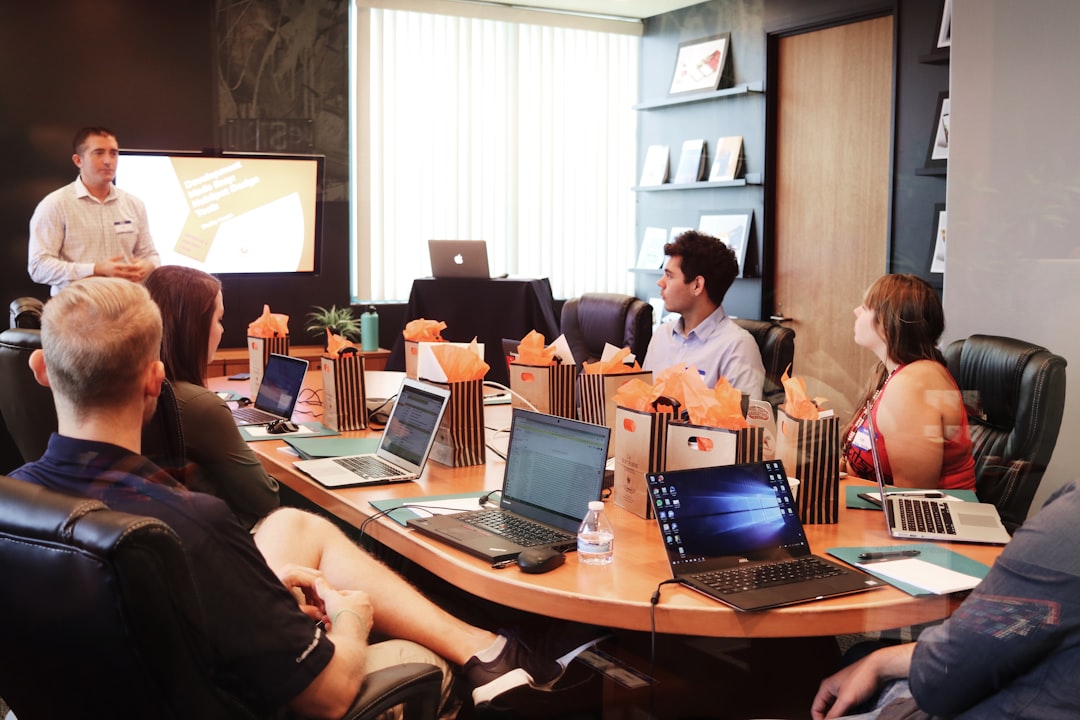In emergencies where every second counts, medical first response plays a crucial role in saving lives. This initial phase of care is provided by trained personnel who are often the first on the scene. Their primary task is to stabilize patients and prepare them for further medical treatment. The scope and effectiveness of medical first response can significantly impact patient outcomes.
Medical first responders are trained to assess the situation quickly and deliver critical interventions. These can include performing CPR, controlling bleeding, or managing shock. They carry essential equipment such as automated external defibrillators (AEDs), which can be pivotal in cardiac arrest situations. Their ability to make swift decisions and provide immediate care can mean the difference between life and death.
Communication and coordination with emergency medical services (EMS) are vital components of an effective response. First responders relay crucial information about the patient’s condition and the nature of the emergency to incoming EMS teams. This collaboration ensures that the patient receives continuous and seamless care. It also allows EMS personnel to prepare in advance, optimizing the subsequent stages of treatment.
Training for medical first responders is comprehensive. It includes both classroom instruction and practical exercises, covering a wide range of medical emergencies. Continuous education is also necessary to keep up with the latest techniques and protocols. This ongoing training ensures that responders are equipped with the knowledge and skills needed to handle diverse situations effectively.
The role of technology in medical first response cannot be overstated. Advanced communication systems enable faster dispatch and coordination between various emergency services. Moreover, innovations in medical equipment have enhanced the capabilities of first responders. For instance, portable devices now allow for real-time monitoring and transmission of vital signs to hospitals, facilitating better-informed medical decisions. For more insights into the latest advancements in this field, you can visit this resource.
Community involvement is another essential aspect of an effective medical first response system. Public education campaigns and first aid training programs empower citizens to act in emergencies. By understanding basic first aid, community members can provide initial assistance until professional help arrives. This community readiness not only boosts the overall effectiveness of emergency response efforts but also fosters a culture of safety and preparedness.
Volunteers often play a significant role in supporting medical first response. These individuals, trained in basic life support, can be mobilized during large-scale emergencies or disasters. Their contribution is invaluable, as they help cover gaps in professional services and extend the reach of emergency response efforts. Organizations that coordinate volunteer efforts are crucial in maintaining a robust emergency preparedness framework.
Medical first response is a critical link in the chain of survival. Its impact extends beyond immediate patient care, influencing the outcomes of entire communities. As the field continues to evolve, ongoing training, technological advancements, and community engagement will be key to enhancing its effectiveness. To learn more about how medical first response is vital in emergencies, explore medical first response resources available online.
In conclusion, the importance of medical first response cannot be overstated. By ensuring that trained individuals are ready to act in emergencies, communities can greatly improve their resilience and capacity to handle unforeseen events. Whether through professional responders or trained volunteers, the ability to provide immediate medical care remains a cornerstone of public safety and health.





